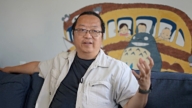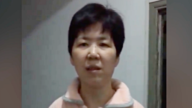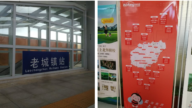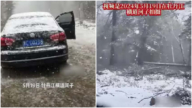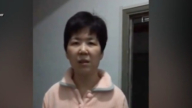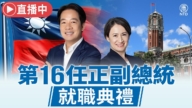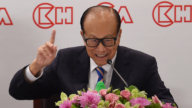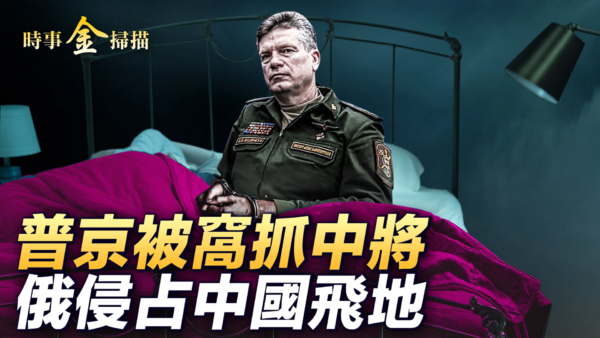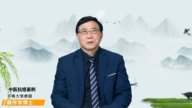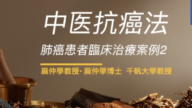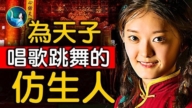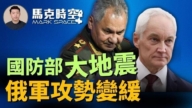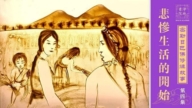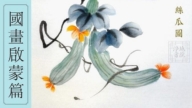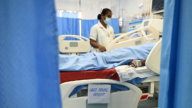【新唐人2011年3月15日讯】13号上午,北京全国政协十一届四次会议闭幕。全国政协,这个被中共视为搞“统一战线”的重要工具,是一个什么性质的机构?是否真的发挥了它的监督作用呢?它目前在中共体制下的地位又如何呢?一起来看报导。
按照中国现行宪法的规定,“全国政协”既不是国家机构,也不是行政机关。它是中共领导下的“爱国统一战线”的组织,是所谓的“多党合作和政治协商制度”。
大陆学者蔡先生说,中共的“政协”是共产党用来给它说好话,歌功颂德的,给人的感觉好像代表民意,实际是统战的一个工具。
蔡先生:“政协就是一些民主党派,无党派人士,社会上的三教九流啊,它把他搞去了以后,它把他搞在一起,给它唱赞歌,抬轿子的。”
“政协制度”是中共搞“统一战线”的重要工具,而“统一战线”被毛泽东列为中共克敌制胜的“三大法宝”之首。毛泽东认为:“武装斗争”和“党的建设”是另外两项法宝。
据BBC文章评论,所谓“统一战线”就是中共孤立打击“主要敌人”的手段,因此不仅支持中共的人成为统一战线的对像,而且有时候“次要敌人”也能被拉入统一战线。
1979年, 邓小平说,人民政协已经由“人民民主统一战线”组织转变为“爱国统一战线”组织。也即是说,连民主党派也由“外人”转化成为了“自己人”。
那么政协的监督作用又是怎样呢?在日前中共政协侨联组的开放讨论中,几位委员发言抱怨,政协委员“没有必要的政治地位和社会地位”,不能有效完成政协委员被赋予的“监督的作用”。
此外,现在的政协委员发言,一般都是先强调“一党领导”和“社会主义制度”,然后才谈政协的“协商和监督”。有委员在发言中不断重申,政协的监督前提是在“一党领导”,不是要搞西方的“多党制”。
有委员把中国的人大和政协制度比作西方的议会,把中国政协比作“议会的上院”。但是,在西方国家,议会上院的地位要高于下院。中国宪法赋予了全国人民代表大会最高国家权力,但却没有赋予中国人民政治协商会议同样的地位。
时事评论家 横河:“后来到了1954年开过人大会议以后,实际上政协的历史任务就完成了,由人大来作为一个最后权力机构,就是名义上的,实际上是中共在统治!所以政协就变成了一个真正的花瓶。因为它没有立法权,它没有提意见的权力。”
而长期以来,人大监督的有效性难以充分发挥,本身就有着“橡皮图章”的讥评。
曾有资深的港澳委员抱怨说,在改革开放初期,中共主管官员对政协委员十分重视,特别是在搞市场经济试验的时候,但中共一旦熟悉情况了,对他们这些政协委员的重视就不如当初了。这也显示出政协提出不同观点进行协商的功用,正相应下降。
据资料显示,政协委员在刚刚成立时,只有600多位。而截至2009年年初,全国政协主席贾庆林在《求是》杂志撰文说,全国各级政协组织已有3161个,政协委员已达60多万。
有政协委员说,他们享受到的待遇和重视,仅限于每年的两会期间,他们还主张,政协委员的待遇应该经常化、制度化。中国的表演艺术家瞿弦和委员戏称,“委员不如官员,官员不如关系,关系不如演戏。”
新唐人记者刘惠、王子琦、郭敬综合报导。
Just Another Propaganda Tool?
The 4th Session of the 11th National Committee of
the Chinese People’s Political Consultative Conference
(CPPCC) closed on Mar 13, 2011.
What is the true nature of the CPPCC?
And what role does it play? Let’s take a look.
According to the Chinese Constitution, the CPPCC is
an organization of the CCP’s “United Front”,
which consists of delegates from a range
of political parties and independent members.
Chinese scholar, Mr. Tsai, says that though
CPPCC, appears representative, it
is just another propaganda tool of the CCP.
Mr. Tsai: “The CPPCC is an assembly of members
from CCP’s ally parties and independent members.
They are put together to sing praises for the CCP.”
The “Political Consultative System” is part of CCP’s
“United Front”, which is the first of Mao’s
“three treasures”, followed by “armed struggle”
and the “development of the party”.
According to BBC, the CCP’s “United Front” is used
to isolate and fight “major enemies”;
therefore, at times not only allies, but also
“minor enemies” are pulled into the “United Front”.
Deng Xiaoping said in 1979 that the CPPCC had
transformed from an organization of the “People’s
Democratic United Front” to part of the “Patriotic
United Front”.
During the recent CPPCC discussion, several members
complained that CPPCC members did not have
the “necessary political and social status”
to fulfill their “role of supervision”.
Today, CPPCC members usually start their speeches
with emphases on “one party leadership” and
“socialism”, before they talk about “consultation and
supervision”. It is overstressed that the
“single-party system” is the foundation
of the CPPCC supervision.
Some members compare China’s “two meetings”
to the Western congress systems, and the CPPCC
to the senate.
But unlike the Western society, the Chinese
National People’s Congress (NPC) has the highest
national power, not the CPPCC.
“The CPPCC fulfilled its purpose after the Constitution
transferred its legislative function to the NPC in 1954.
The NPC was assigned the highest power, which gave
the CCP full control of the nation; and the CPPCC
became purely symbolic without any real rights.”
However, the NPC cannot fully exercise its power
and fulfill its role of supervision either.
Senior members from Hong Kong and Macau said
the CCP used valued members of the CPPCC
at the beginning of China’s economic reform,
but when the CCP became familiar with the situation,
opinions from the CPPCC started to get ignored,
which showed that the consultative function
of the CPPCC was gradually diminished.
At its founding, the CPPCC had only 600 members.
By the beginning of 2009, the CPPCC had developed
3161 organizations and over 600,000 members.
Members of the CPPCC said that they were only
valued during the annual two meetings. They called
for more frequent recognition of CPPCC members.
“A member status is less than an official status;
an official status is less than a connection;
a connection is less than good acting,”
says CPPCC member, performing artist Qu Xuanhe.
NTD reporters Liu Hui,Wang Ziqi and Guo Jing



